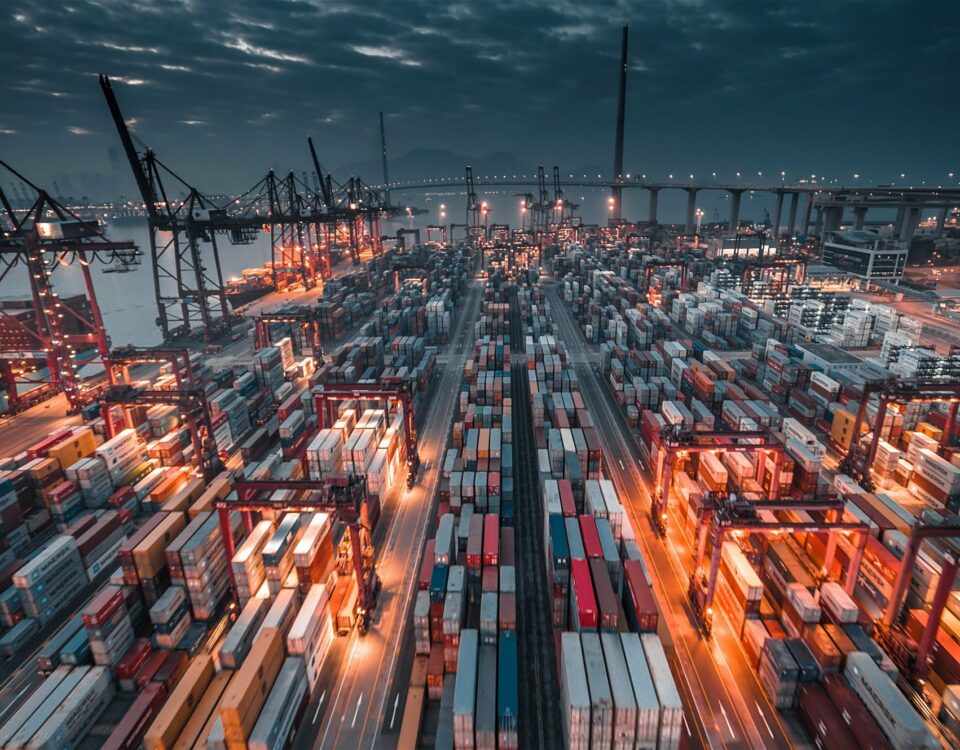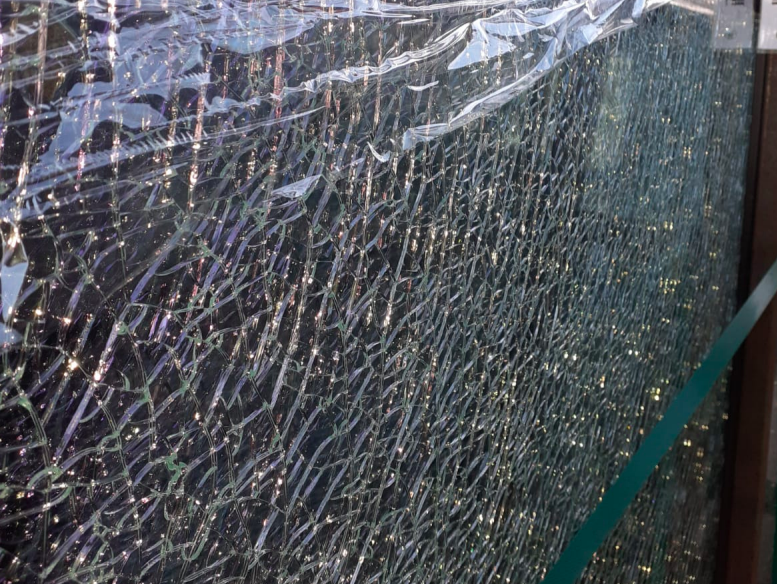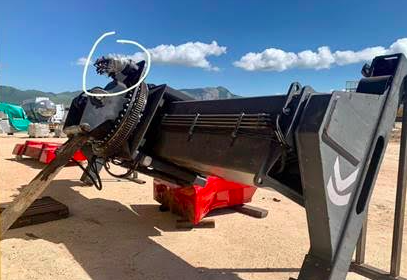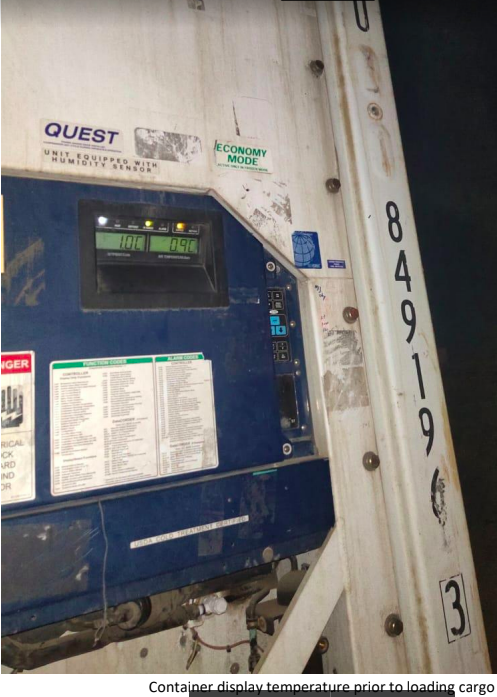Our team of legal experts give you inside info on the legal world of cargo claims – from how to avoid losses and prevent cargo claims to taking pictures that can win a court case.
Detention and demurrage charges are a shipper’s worst nightmare. These charges can add up to thousands of unforeseen dollars spent and have a massive impact on a shipper’s financial bottom line. The number of Detention and demurrage claims submitted to shipping lines by the exporters and importers has increased drastically in the year 2021- 2022. Luckily, there are ways to prevent these unanticipated expenses. This is easier to do than you may think…
When cargo arrives at its destination and is damaged or has been pilfered during transit, it’s not always clear where to start the claim process, and what documents submit the liable party. Recoupex makes claiming process straightforward for all customers who are unsure of their rights, lack the time, or lack the expertise to embark on the claims process themselves.
Fresh and frozen cargo claims recoveries from liable carriers can be daunting, and in some cases, you might feel like giving up. Here’s what you can do to seriously enhance your chances to be paid.
Cargo exporters very often receive claim rejections from shipping lines based on “pre-shipment issues”, “hot stuff”, “load, stow, count” clauses. More often than not, shippers struggle to settle claims or settle at the higher level due to a lack of pre-shipment cargo evidence.
Cargo claims. Water ingress. The light test is so important to do before loading cargo into a container, or when the buyer receivess cargo that is inexplicably wet. The light test is great evidence to prove where the water ingressed the container and why the shipping line has to pay for cargo losses.





